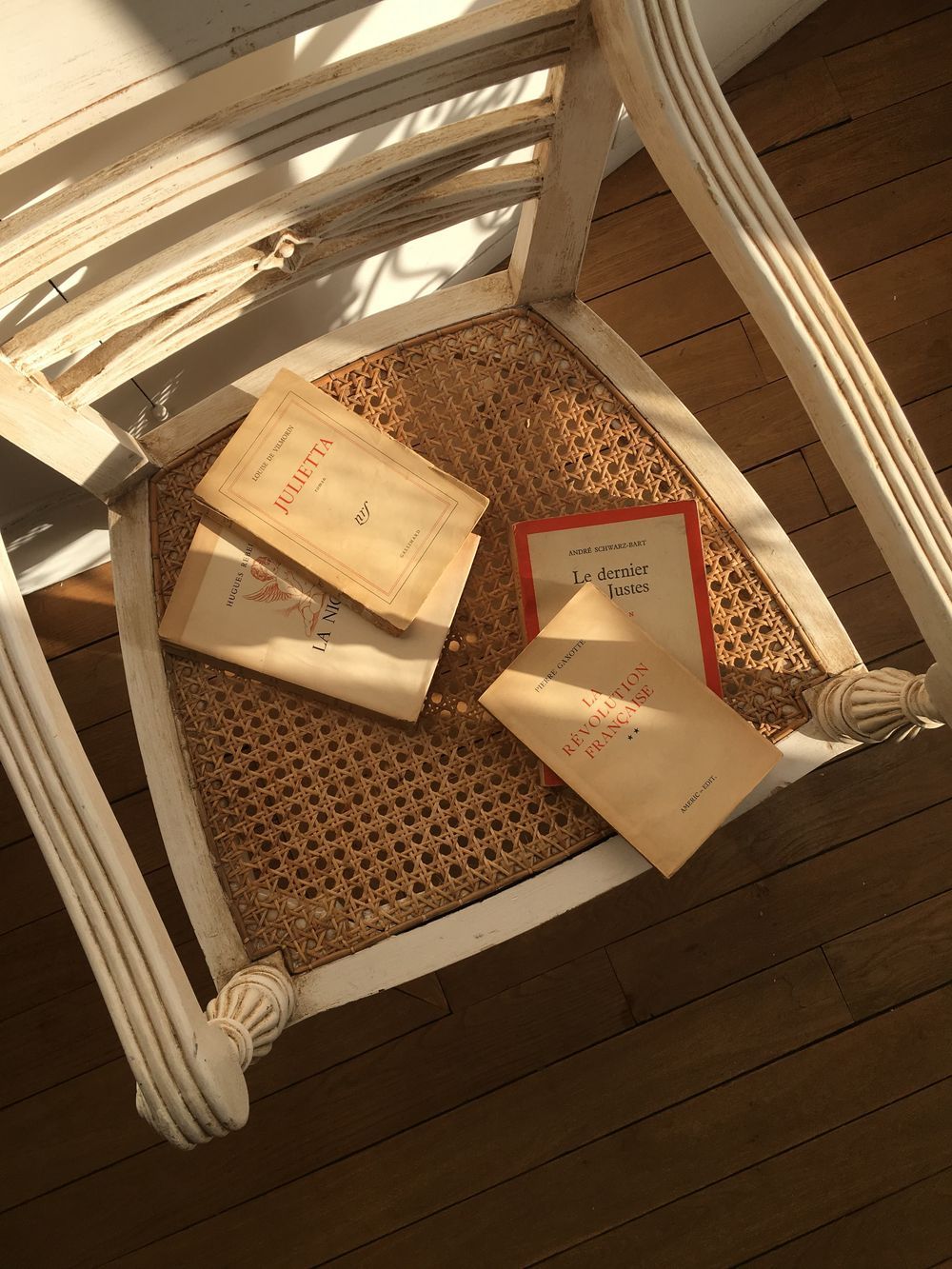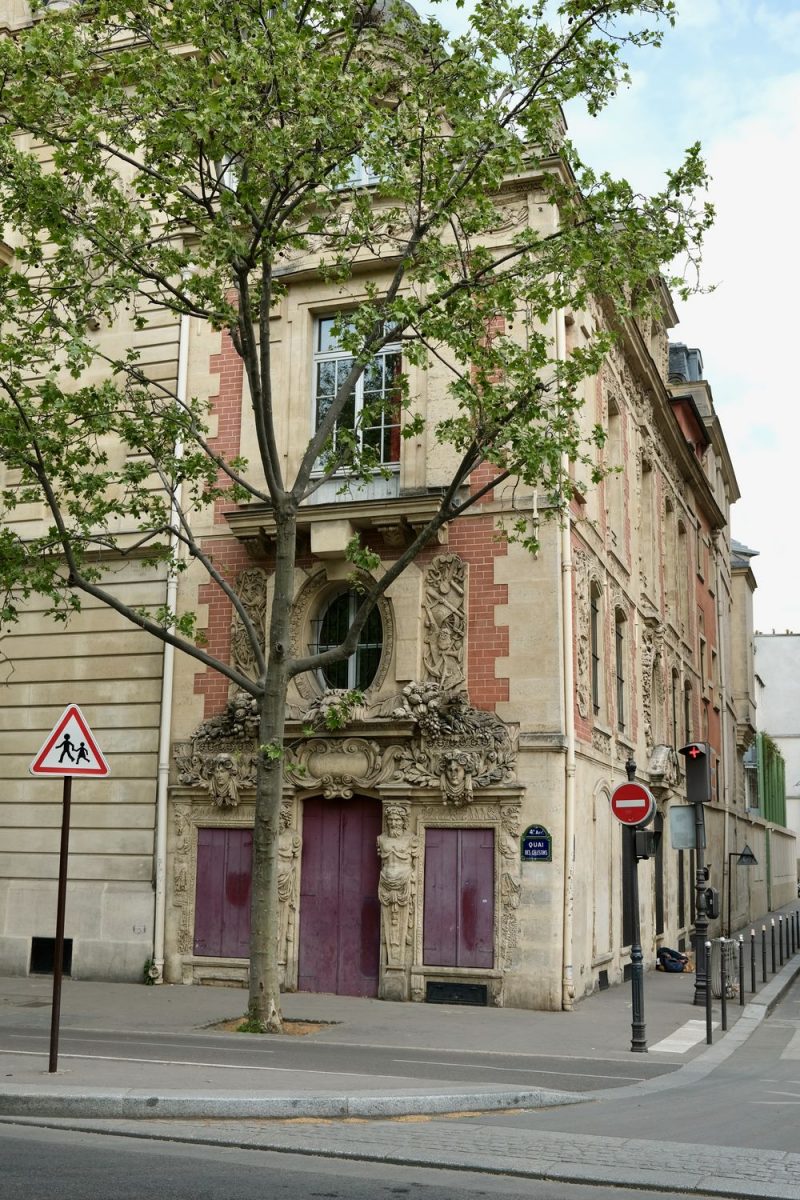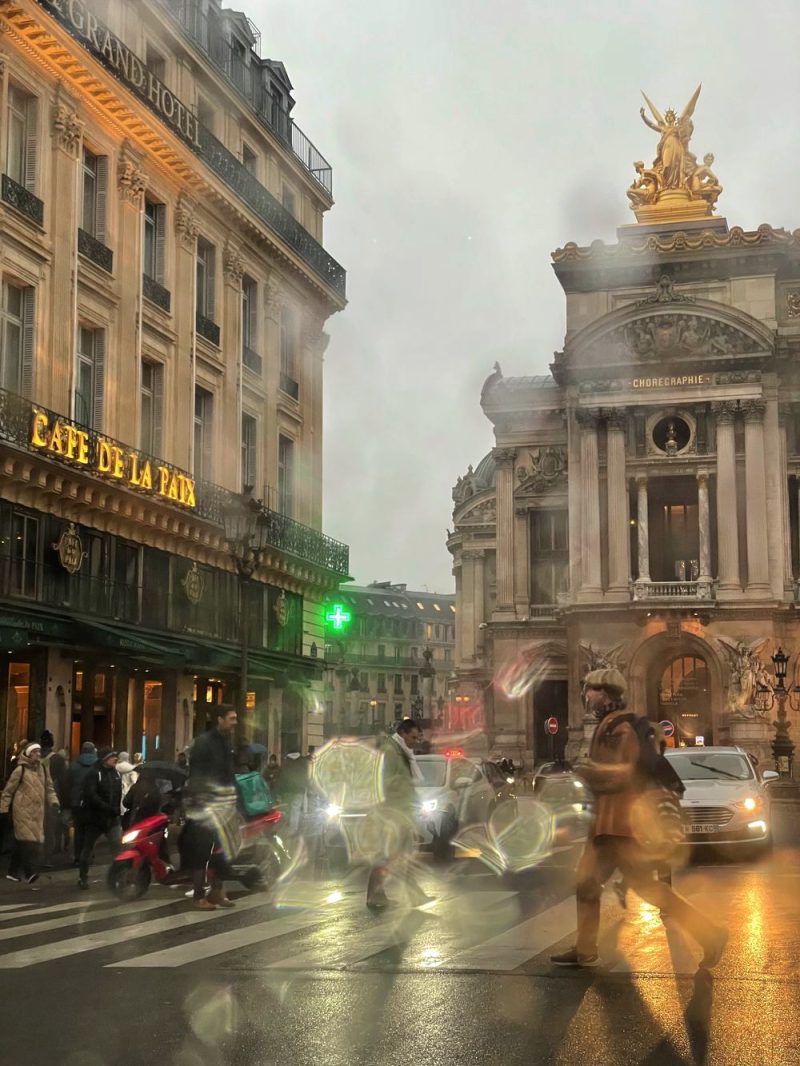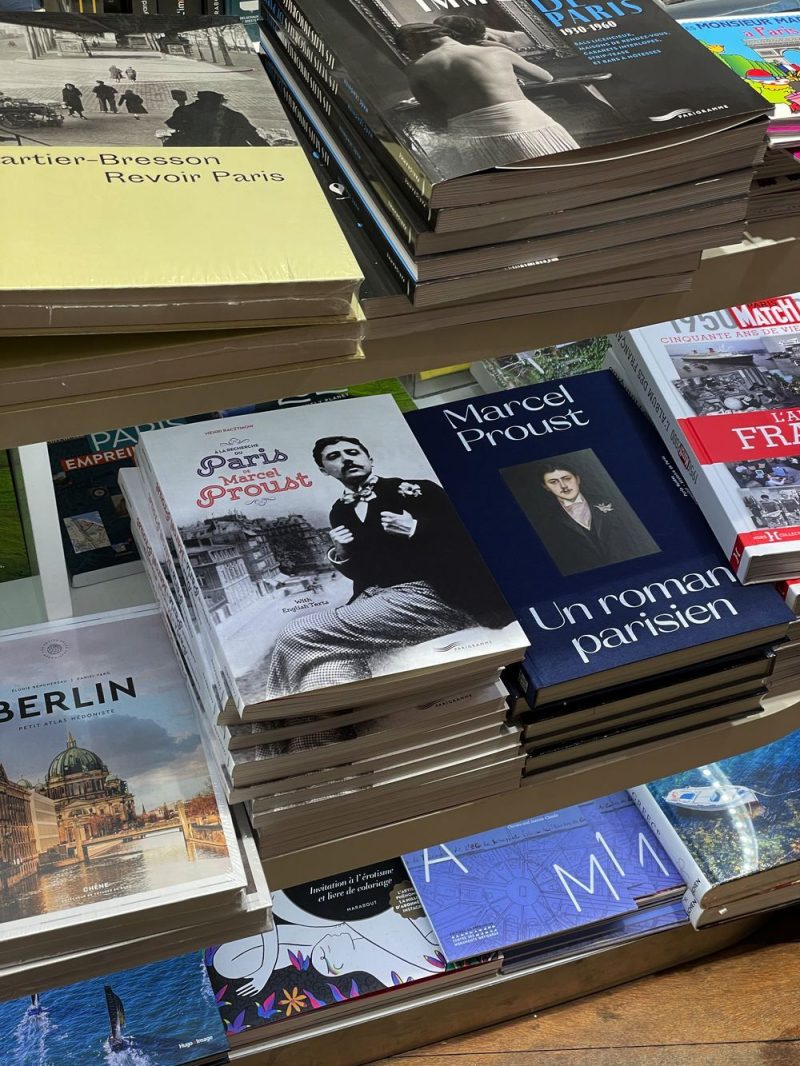From the medieval poetry of the troubadours to the philosophical novels of Voltaire and the existentialist works of Sartre and Camus, French literature has profoundly shaped Western culture. With a rich literary history spanning over a thousand years, France has cultivated some of history’s greatest writers who have not only entertained readers but also challenged social norms and ideas about humanity.
I’ll take you on a tour through the history of French literature, highlighting some of its most influential writers and works from the Middle Ages to the 20th century. We’ll look at how French literature has evolved across different time periods while retaining a distinctly French spirit focused on precision of language and philosophical underpinnings.
From early religious writings to Napoleonic-era novels to postwar theater of the absurd, the depth and diversity of French literature invites a lifetime of discovery for any reader.
Whether you’re already a fan of classics like “The Three Musketeers” or new to French literary culture, I hope this post will inspire you to further explore this vibrant literary tradition. So join me as we dive into the captivating world of French literature!

Historical Significance
French literature holds a significant place in world literature due to several noteworthy aspects.
France has a rich literary history dating back centuries, with influential movements such as medieval literature, Renaissance literature, Enlightenment writings, Romanticism, Realism, Symbolism, Surrealism, and Existentialism.
French literature has often been at the forefront of innovative literary techniques and styles. Pioneering movements and authors have experimented with narrative structures, language, and themes, pushing the boundaries of traditional storytelling.
Philosophical and Intellectual Depth
Many French literary works delve into profound philosophical and intellectual themes. Existentialist and philosophical ideas are frequently explored, giving depth and complexity to the narratives.
French literature often serves as a platform for social critique and commentary on contemporary issues. Works frequently reflect the political, social, and cultural landscapes of their respective times.
French literature encompasses various genres, including novels, poetry, theater, essays, and philosophical treatises, showcasing a wide array of literary expressions.
Renowned Authors
French literature has produced numerous Nobel Prize laureates, recognizing the exceptional contributions of French authors to world literature. French literature boasts a plethora of influential authors.
Victor Hugo
Victor Hugo (1802–1885) was a prolific French writer known for his poetry, novels, and plays. He was a prominent figure in the Romantic movement. Beyond his literary accomplishments, Hugo was also involved in politics and social activism, advocating for social justice and democracy. His writing, such as “Les Misérables” and “The Hunchback of Notre-Dame,” often tackled social issues and explored the human condition.
Alexandre Dumas
Alexandre Dumas (1802–1870) was a celebrated French author renowned for his historical novels. Born to a family of mixed African and French descent, Dumas’s works often reflected adventure, romance, and historical settings. His most famous novels include “The Three Musketeers” and “The Count of Monte Cristo,” which remain popular classics in literature.
Gustave Flaubert
Gustave Flaubert (1821–1880) was a leading figure in literary realism. He was known for his meticulous writing style and attention to detail. Flaubert’s most famous novel, “Madame Bovary,” explored themes of adultery and provincial life, and it faced controversy upon its publication due to its perceived immorality.
Marcel Proust
Marcel Proust (1871–1922) was a French novelist best known for his monumental work “In Search of Lost Time” (also known as “Remembrance of Things Past”). Proust’s writing delved deeply into memory, time, and human consciousness, employing intricate prose and exploring the themes of love, jealousy, and social mores.
Albert Camus
Albert Camus (1913–1960) was a philosopher, author, and journalist who played a significant role in existentialist philosophy. His works often portrayed the absurdity of human existence. “The Stranger” and “The Plague” are among his notable novels, exploring themes of alienation, moral ambiguity, and the human condition in a meaningless world.
Jean-Paul Sartre
Jean-Paul Sartre (1905–1980) was an influential existentialist philosopher, playwright, and novelist. He is known for his philosophical treatise “Being and Nothingness” and for popularizing existentialism. Sartre’s literary works, including “Nausea” and “No Exit,” examined themes of freedom, choice, and the human experience.
Emile Zola
Emile Zola (1840–1902) was a leading figure in the literary school of naturalism. He used literature to address social issues and advocate for social reforms. Zola’s works, such as “Germinal” and the “Rougon-Macquart” series, often depicted the harsh realities of life, focusing on industrialization, poverty, and class struggles.
Jean de La Fontaine
Jean de La Fontaine (1621–1695) was a poet and fabulist known for his famous collection of fables. His “Fables” used anthropomorphic animals to convey moral lessons, and they remain popular for their timeless wisdom and wit.
Molière (Jean-Baptiste Poquelin)
Molière (1622–1673) was a playwright and actor who became one of the greatest masters of comedy in Western literature. He is renowned for his satirical comedies that criticize the hypocrisy and flaws of society. Molière’s plays, such as “Tartuffe” and “The Misanthrope,” continue to be performed and studied for their sharp wit and social commentary.
Global Impact
French literature has had a significant impact on global literature, influencing writers and literary movements worldwide. Translations of French literary works have helped disseminate French ideas and styles across borders.





